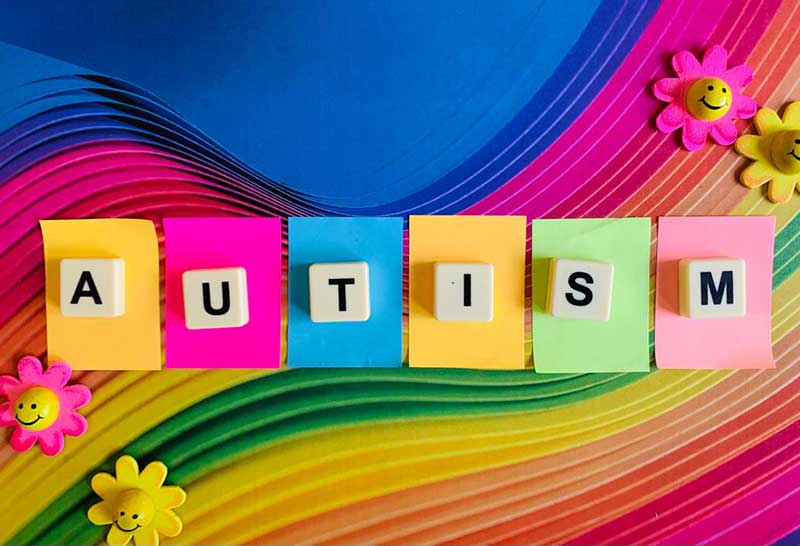
01 Jun Specialised Autism Early Intervention in South Africa: Paving the Path to Inclusive Education
Understanding the significance of specialized autism early intervention for young or newly diagnosed children is crucial for navigating South Africa’s education system effectively.
In South Africa, the Department of Basic Education (DBE) oversees all educational institutions, including preschools, primary schools, and secondary schools. The department provides rigorous guidance for developing tailored curricula suitable for infants and young children.
The DBE’s National Curriculum Framework focuses on children aged from birth to 4 years, aiming to equip every child with the knowledge, skills, attitudes, and behaviors necessary for life, learning, schooling, and work. This curriculum places emphasis on six early learning and development areas (ELDAs): well-being, identity and belonging, communication, exploring mathematics, creativity, and knowledge and understanding of the world.
These areas of learning lay the foundation for the child’s subsequent academic journey. During the school readiness phase, children are formally assessed against measurable outcomes for grade RRR, RR, or R. Upon turning 6 years old, children transition into the Foundation Phase or Primary School Phase of their educational journey.
While reputable preschools and Montessori schools registered with the DBE strive to prepare children for formal schooling, their curricula often fail to address the specific developmental challenges faced by autistic children.
Typically, these schools lack the necessary resources to provide specialized interventions such as Speech and Language intervention, Behavior Intervention, Autism intervention, and Physical therapy.
“Mainstream schools or preschools excel at providing education to children who develop at a typical pace.”
However, when a child experiences developmental delays, such as autism spectrum disorder, specialized education and assistance become essential. Autistic children require a curriculum explicitly designed for their needs and a therapy-based approach delivered by specialist educators working alongside a dedicated team of therapists. This collaborative effort helps children overcome their developmental delays.
A specialist autism early intervention center adopts a holistic approach to learning and early childhood development, incorporating evidence-based methodologies. These centers recognize that communication is an integral part of learning, placing significant emphasis on speech and communication development within their curriculum. Moreover, reputable centers actively promote the use of Augmentative and Alternative Communication (AAC) methods, both in the classroom and during individual sessions.
Therefore, if your child experiences difficulties with speech or language delays, motor planning challenges, feeding or fussy eating issues, sleep disturbances, tantrums, concentration problems, sensory issues, or daily living skills, enrolling them in a specialist autism preschool is the most effective way forward. Doing so provides the best opportunity for their future inclusion in mainstream education.

